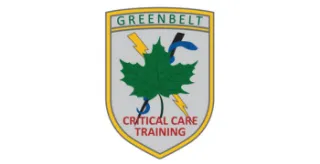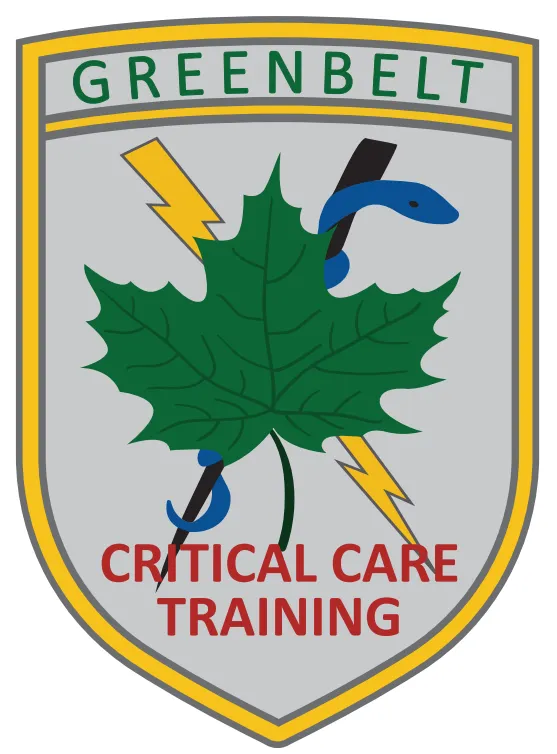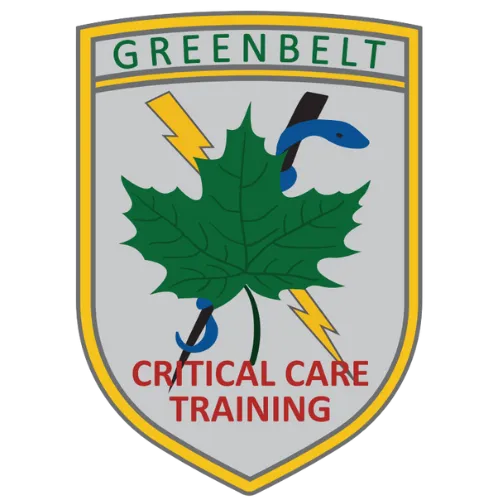Frequently Asked Questions (FAQ)
What resources are available for preparation prior to the ACLS course?
Participants are encouraged to review the 2020 Edition ACLS Manual and ECC handbook. Log into the Heart and Stroke Portal, Do the pre-course assessment as many times as you need to. (open book) You will find your weak spots. You print it off when you can get 84%. We also give you a paper exam, open book. Do that until you can get 80% right. Utilize additional study resources such as the ECG STAT test for ECG interpretation practice.

How will my performance be evaluated during the ACLS course?
Evaluation methods include written assessments, hands-on skills practice with real-time feedback, practical skills testing in scenario-based simulations, and of course, your active participation in our round-robin case studies.

Who is the ACLS course intended for?
The course is intended for healthcare professionals responding to cardiopulmonary emergencies in critical care settings, including physicians, nurses, respiratory technologists, and paramedics. CPSO has also mandated that IV certified dentists are fully trained in ACLS and PALS. Risk increases with sedation and analgesia, thus the curriculum is mandatory for them as well.

What are the prerequisites for enrolling in an ACLS course?
You should be a Health Care Professional (HCP); well versed or experienced in resuscitation, have your Heart and Stroke BLS unless you are taking it with us.

How often should ACLS certification be renewed?
Every two years

Can ACLS training be completed online or is it only available in-person?
We offer Heart and Stroke's HYBRID course which combines on line with in class training. At present there is no completely online course available anywhere in Canada. You MUST be able to demonstrate core communication skills as team lead and be objectively measured on depth and rate of chest compressions.

Are there any specific study materials recommended for preparing for the ACLS course?
Your 2020 ACLS text book and ECC handbook. ECC has BLS, NRP, PALS and ACLS guidelines in it.

What is the format of the ACLS certification exam?
The written exam is held at the end. open book, 50 multiple choice questions, time limit 55 minutes, no talking, no internet allowed. 84% pass mark.

Is there a difference between ACLS certification for nurses, doctors, paramedics, dentists, and medical students?
No. It's the same curriculum for everyone. We tailor it for groups as much as we can.

How long does an ACLS course typically last?
Provider:14 hours
Recertification: 8 hours

Are there any specific scenarios covered in ACLS training that are relevant to my practice area?
Most of the scenarios focus on Cardiac and Stroke Emergencies. We do have Sepsis, Dehydration and Dyspnea scenarios, as they are also commonly encountered.

Can I request accommodations for disabilities during ACLS training and testing?
For most accommodations, yes you can. The only caveat being you must be able to demonstrate competency in chest compressions.

Are there any additional resources or workshops available to enhance ACLS skills after completing the course?
There are! There is a lot of online material, plus our 12 Lead and simulator courses that would definitely enhance your skill set.

How does ACLS training differ from Basic Life Support (BLS) training?
Basic training is the foundation for all advanced courses. The advanced courses all have a BLS component built into them, and it is considered core curriculum. The candidate must pass the BLS course and the BLS core component in the advanced course in order to succeed.

What are the consequences of failing the ACLS certification exam?
Unless the candidate really had a bad day, we can usually remediate them to a pass. If they really bottomed out on the mark then we arrange for a rewrite, different exam, within two weeks of the course. If it's the practicum they had trouble with, then we hold them back at the end of the day and put them through some decision making exercises.

Can ACLS training be customized to address specific areas of weakness or interest?
Yes. We can tailor our scenarios to group needs however we still have to follow the material (like ECGs) even when the practitioner may not be familiar.

Are there any updates or changes to ACLS guidelines that I should be aware of?
There are a few changes from 2015. There is a summary online and in the 2020 text regarding these changes

How can I maintain my ACLS certification while working in a non-clinical setting?
Short answer-keep going every two years and study the guidelines in your text

Can ACLS training be completed internationally or are there country-specific requirements?
Your certification is recognized worldwide, exceeding the standards of most countries. Heart and Stroke Foundation of Canada is a contributing body to the International Liaison Committee on Resuscitation (ILCOR) which governs our best practice, evidence-based medicine and consensus medicine.

Expert ACLS Training
© 2026 Greenbelt ACLS - All Rights Reserved

